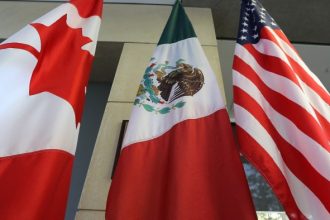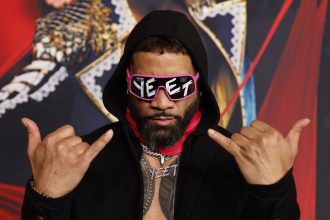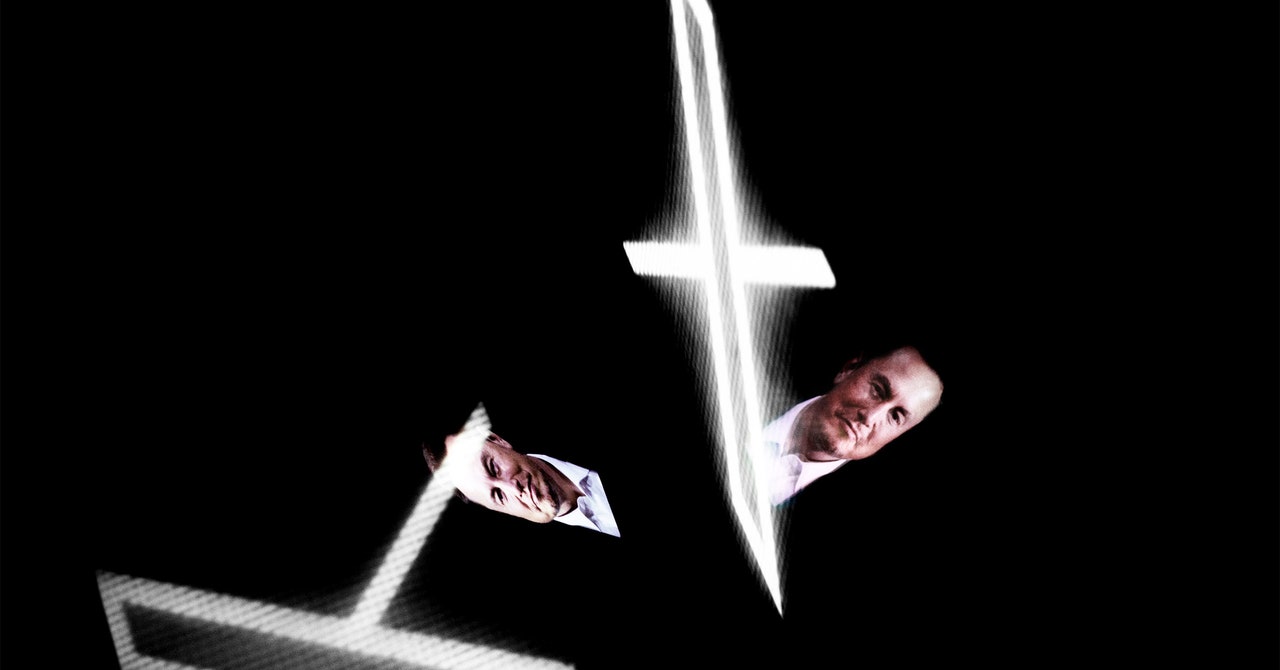The company also has a fundamental trust issue. In December, it leaked its own internal documents to selected journalists—branding it as the “Twitter Files,” a move that was met with a mix of fervor and bemusement. “After the Twitter Files embarrassment, a lot of people will be very reluctant to put their personal financial information into anything related to Twitter. I wouldn’t, personally,” Coppola says. “I am just not seeing this as a viable business venture. I think it is more kite-flying by Musk to try to persuade advertisers to return to the platform.”
Twitter’s advertising revenue has nearly halved since Musk’s takeover, with big advertisers ceding the ground to dropshippers. To bring them back, X needs to detoxify its platform, creating a safer space for brands and an influencer ecosystem that’s less focused on crypto trading and right-wing conspiracy.
This month Twitter started paying some influencers based on their engagement on the platform. Early beneficiaries included controversial right-wing influencers and the infamous misogynist Andrew Tate, currently under investigation in Romania for alleged rape and human trafficking.
The four- and five-figure sums being paid to influencers on Twitter are fairly small by the standards of other platforms. YouTube has 10 times Twitter’s users; TikTok has five, meaning successful influencers can reach bigger audiences and get bigger payouts.
Twitter would also need to figure out its own video platform. In its pre-Musk iteration, it tried several times. In 2012, the company bought short-form video platform Vine, shutting it down in 2017 in order to double down on its livestreaming service Periscope, which it bought in 2015. Periscope was abandoned in 2021.
Under Musk, Twitter landed a sort-of-coup in getting right-wing talk show host Tucker Carlson to launch his new show on the platform. The debut episode featured conspiracy theories and support for Russia’s invasion of Ukraine, and was soon followed by a cease-and-desist letter from Carlson’s former employer, Fox News.
Even audio has proved difficult for Twitter. In May, Republican presidential candidate Ron DeSantis launched his bid for the White House on a glitchy Twitter stream that crashed repeatedly.
The final piece of Musk’s vision for X is AI. The company will, apparently, work closely with x.AI, an AI startup that launched earlier this month. Musk does, at least, have form in artificial intelligence, having been an early investor in OpenAI, whose ChatGPT chatbot launched the current AI boom. Both Tesla and SpaceX, his electric vehicle and space tech startups, have invested substantially in AI.
“He has been ahead of the curve on AI repeatedly,” Shrier says of Musk, adding that he may yet deliver a big AI surprise.“But if you’ve alienated your key influencers, your audience numbers are decreasing month over month, your user experience is getting worse and worse, and your brand value has collapsed, who cares if you’ve got great AI?”
Read the full article here





